Uganda
A Wildlife Veterinarian
Dr. Gladys Kalema-Zikusoka was a force to be reckoned with. Born and raised in Uganda, she had an innate love for animals and a deep desire to protect them. After completing her veterinary studies, she set her sights on a mission that would change the face of conservation in Africa. In her first job as Uganda’s first wildlife veterinarian, Gladys led a team to bring under control a fatal disease outbreak in a family of mountain gorillas, traced to local communities.
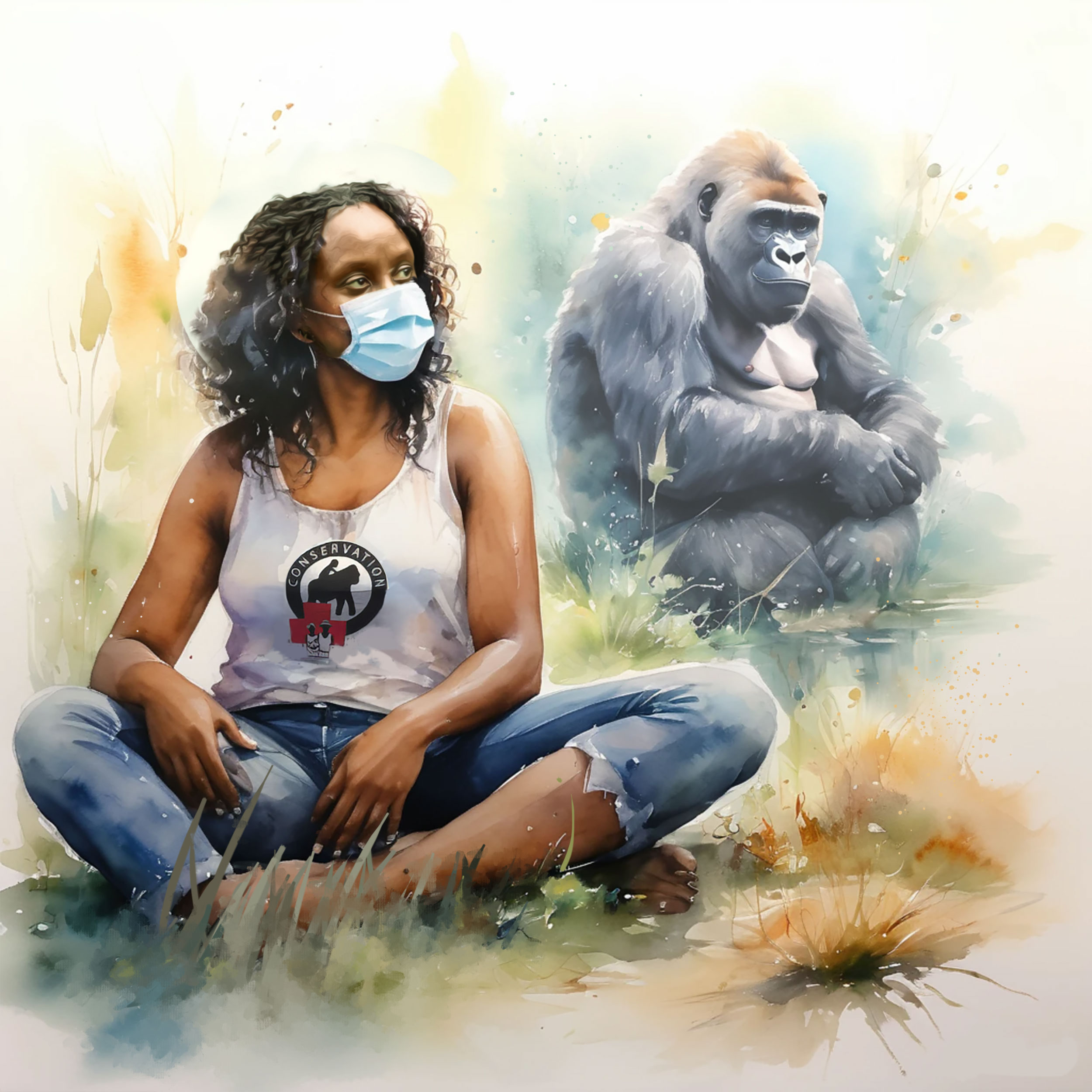
With unwavering determination, Gladys and her team set out to tackle the complex challenges facing the gorillas. Disease transmission from humans and livestock posed a significant threat to their survival. They developed innovative programs that provided healthcare services, including vaccinations, medical treatments, and family planning support, to communities living near gorilla habitats, while also offering veterinary care for their livestock monitoring the health of gorillas.
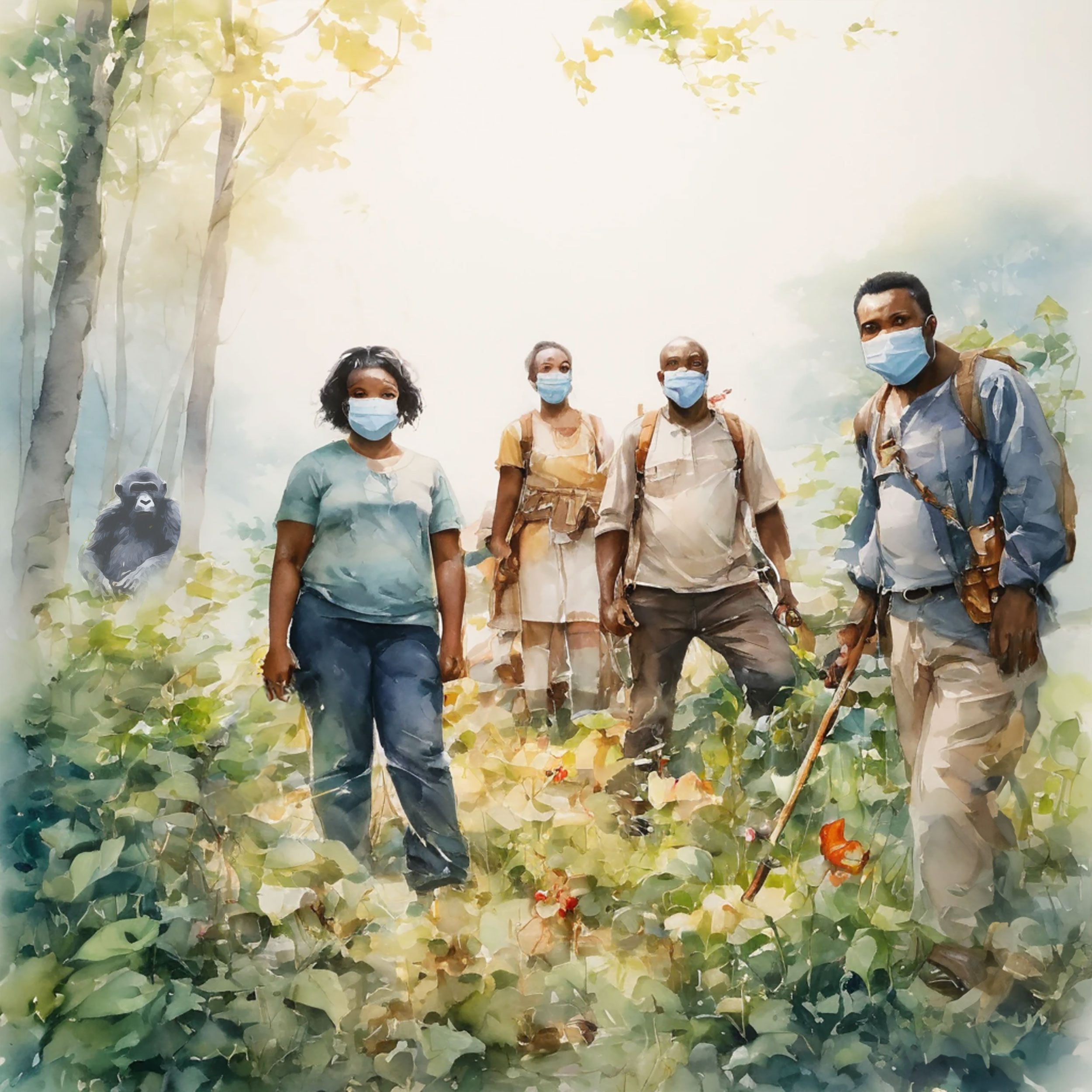
Gladys actively engaged with the villagers, fostering understanding and building trust. She organized workshops, meetings, and community events to raise conservation awareness and promote sustainable practices. Her ability to connect with people on a personal level proved invaluable in gaining their support and cooperation.
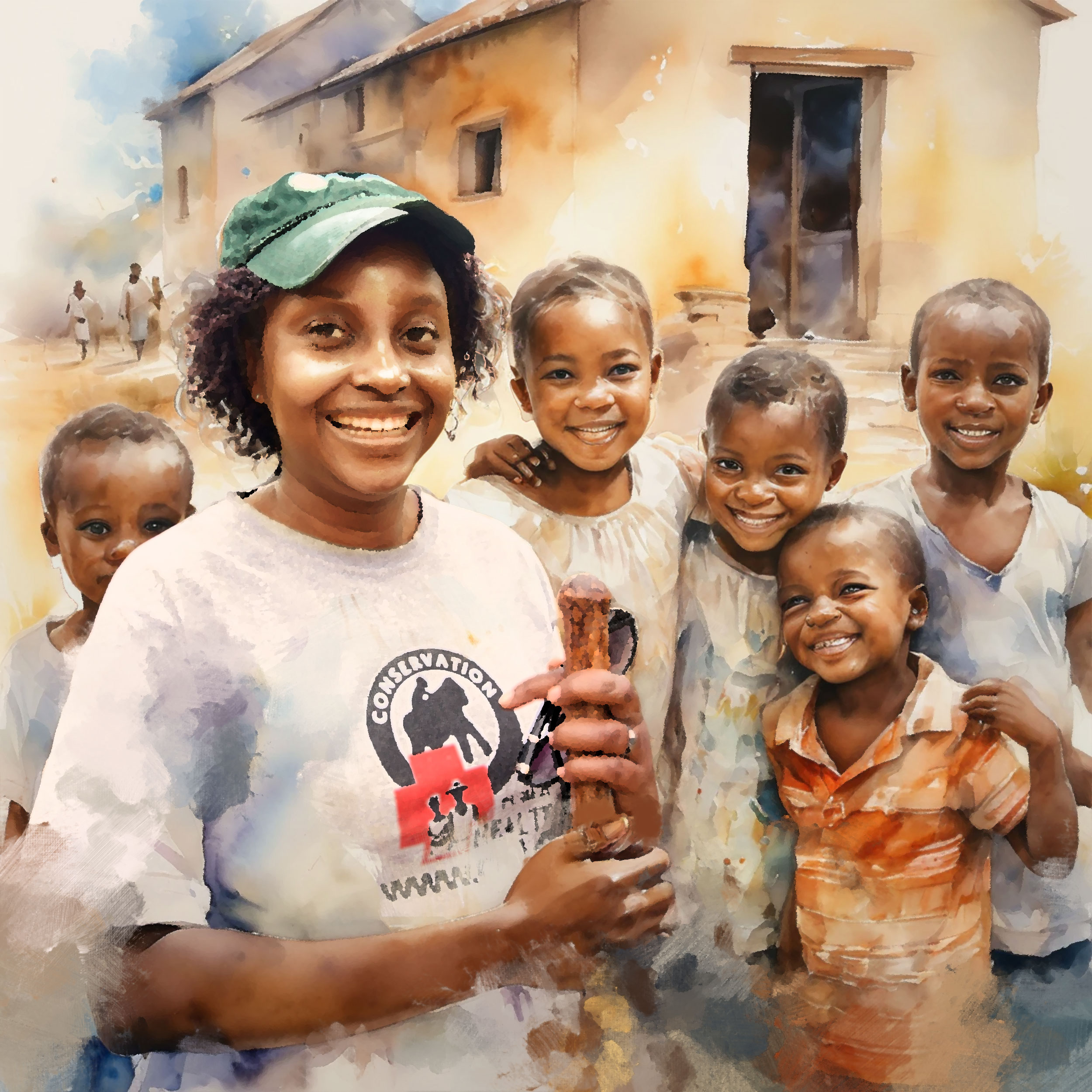

Over time, Gladys’ efforts bore fruit. Disease transmission rates decreased, and the health of the gorilla populations improved. Local communities benefited from increased access to healthcare, economic opportunities, and conservation education.
Dr. Gladys Kalema-Zikusoka’s legacy remains a shining example of how one person’s dedication and vision can transform the world. Through her tireless work, she not only saved the mountain gorillas but also improved the lives of countless individuals, leaving an indelible mark on the future of conservation.
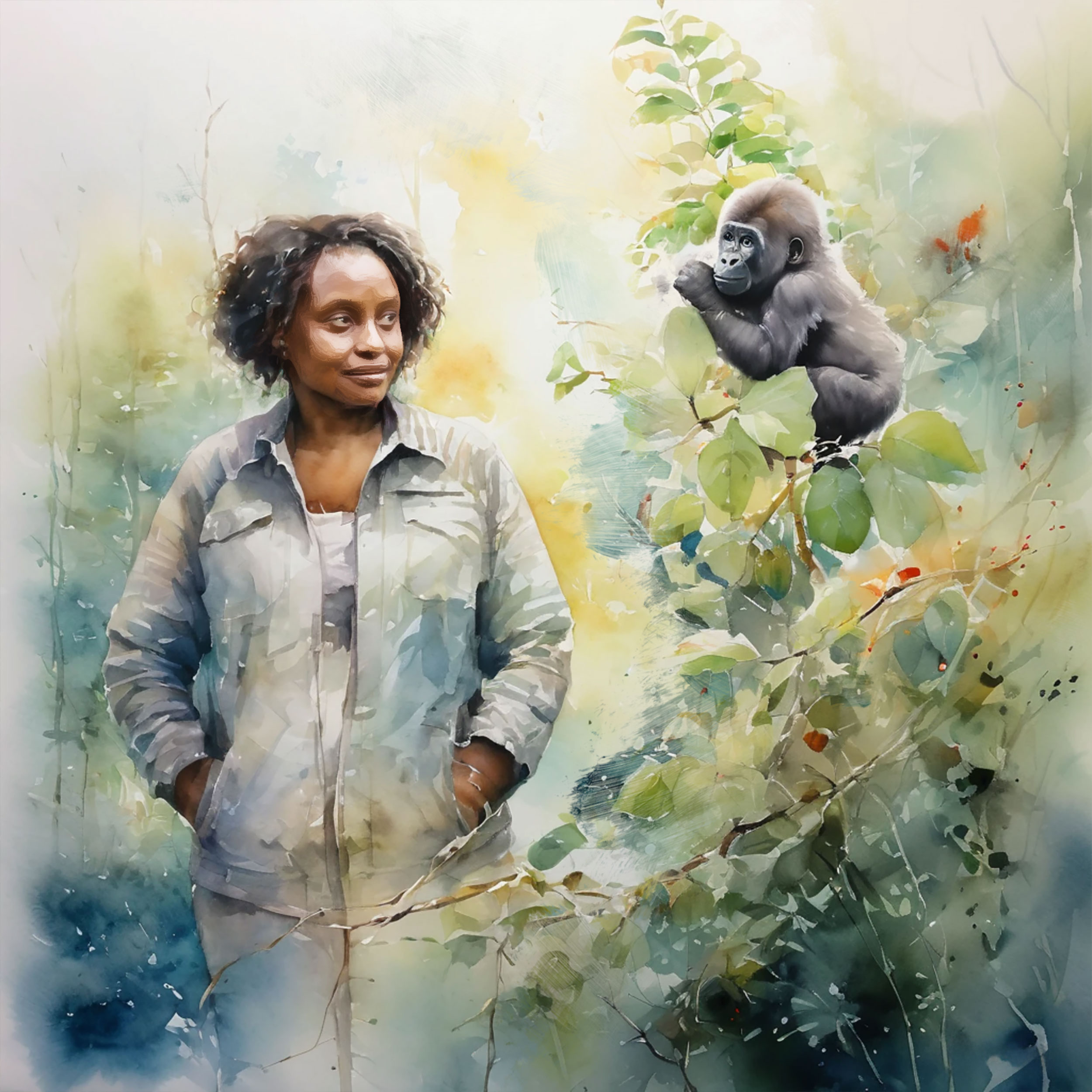

Protecting endangered species is crucial to maintain ecosystem health and balance. Gorillas are responsible for restoring forests, dispersing seeds, and protecting the biodiversity of their habitats. The loss of these endangered species can disrupt ecosystems and impact climate resilience.
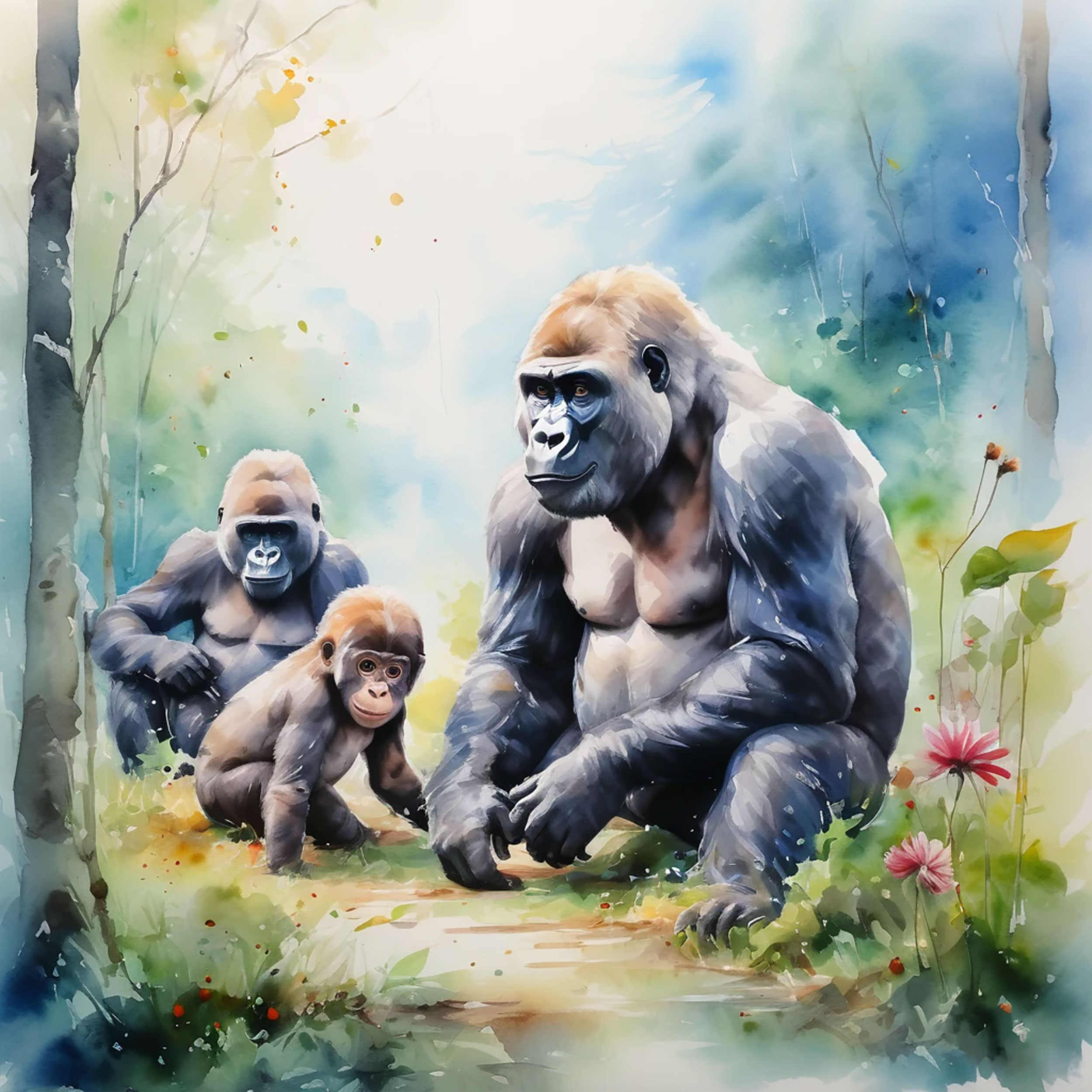
Protecting endangered species is crucial to maintain ecosystem health and balance. Gorillas are responsible for restoring forests, dispersing seeds, and protecting the biodiversity of their habitats. The loss of these endangered species can disrupt ecosystems and impact climate resilience.
Local communities living around gorilla habitats often depend on the same natural resources for their livelihoods, leading to potential conflicts between human activities and wildlife protection efforts. By understanding and addressing the needs of these communities, sustainable solutions can be developed that balance conservation goals with the well-being of local people.

There is no one-size-fits-all way to take action, but here are a few ideas for you:
Personal
Buy Gorilla Conservation Coffee to support local farmers and reduce their need to enter the gorilla’s forest home to poach and collect fuelwood.
Visit the gorillas and be prepared to put on a mask and support the local communities.
We are all dependent on a healthy environment for our own human health. Consider your relationship to the plants and animals in your region. What kind of wildlife exists in your community? Do they need protection?
How might the health of those plants and animals influence your own health, and vice versa?
This week, take action to promote a healthy environment by swapping out meat in one of your meals. Plant-based meals can promote a healthy diet and care for Earth!
Community
Encourage your friends and family to consider the ways in which we are interdependent on the health of the nature around us. How might this be different based on the regions you live in?
To take it a step further, at your next gathering of family and friends, share a plant-based meal and talk about the ways that shifting small behaviors in our lives can help the Earth around us, too.
Consider meeting with your community regularly to discover the wild lives in your region that need protection and to talk about your relationship to them.
Share Your Ideas
Share your ideas: Have you or someone you know done something in your community to promote animal rights and the protection of Earth? We would love to hear from you! Please send your story to engage@daughtersforearth.org. You can support all Daughters by donating below.




